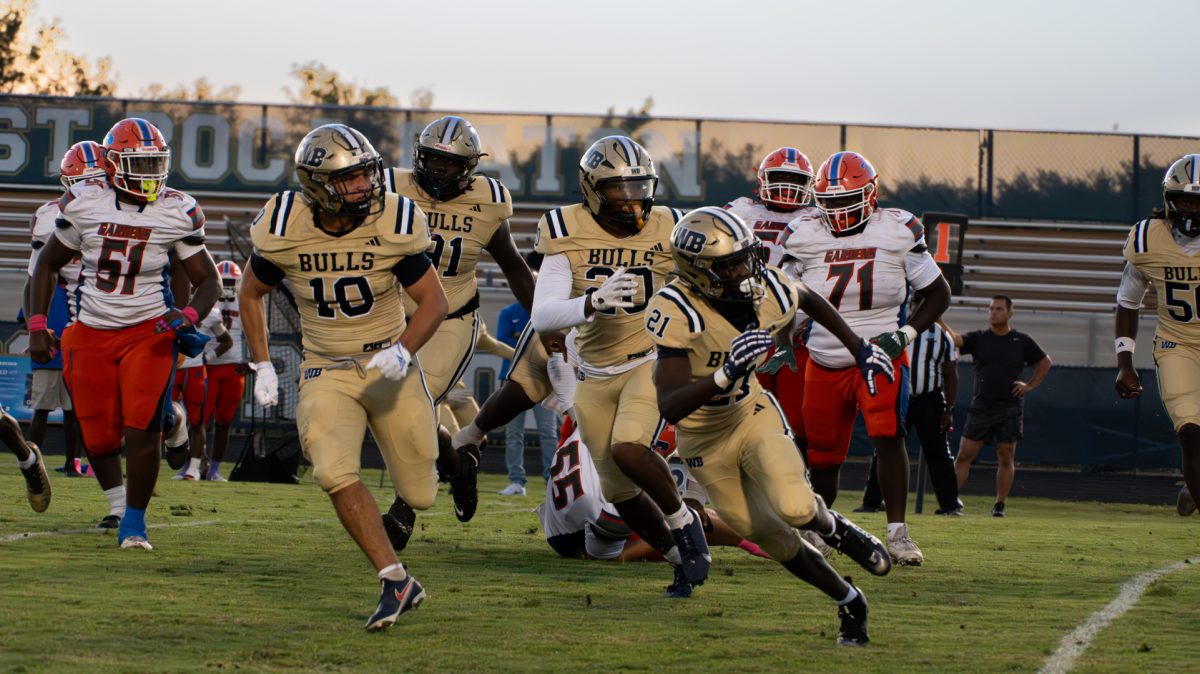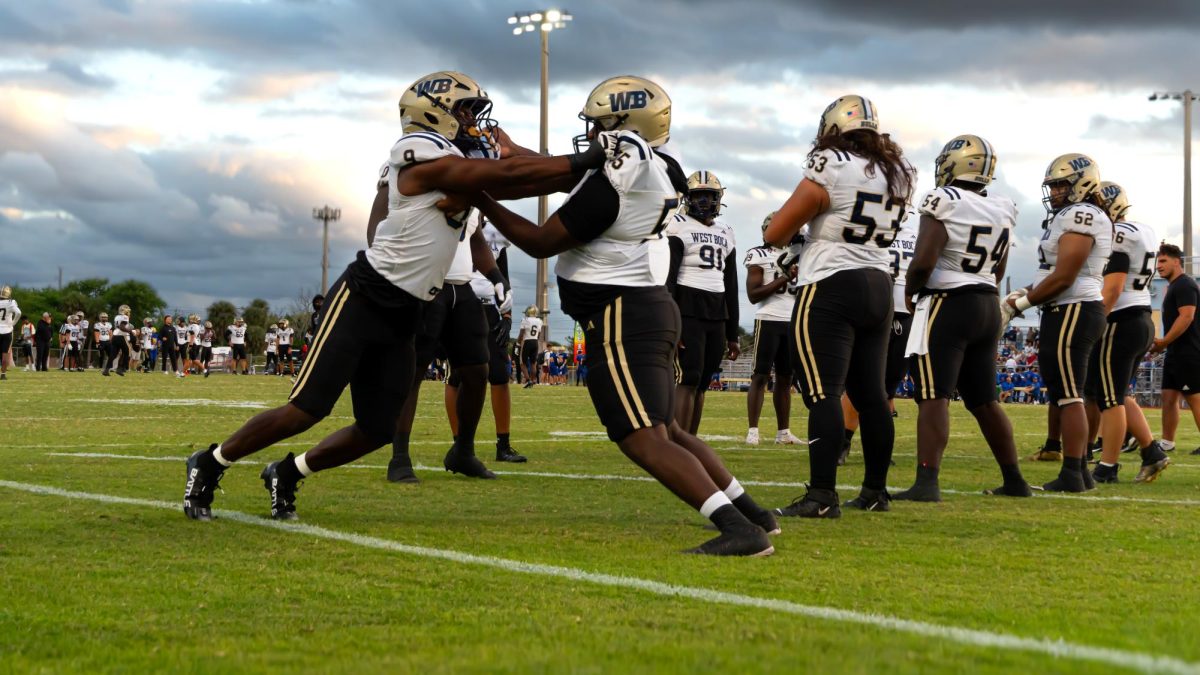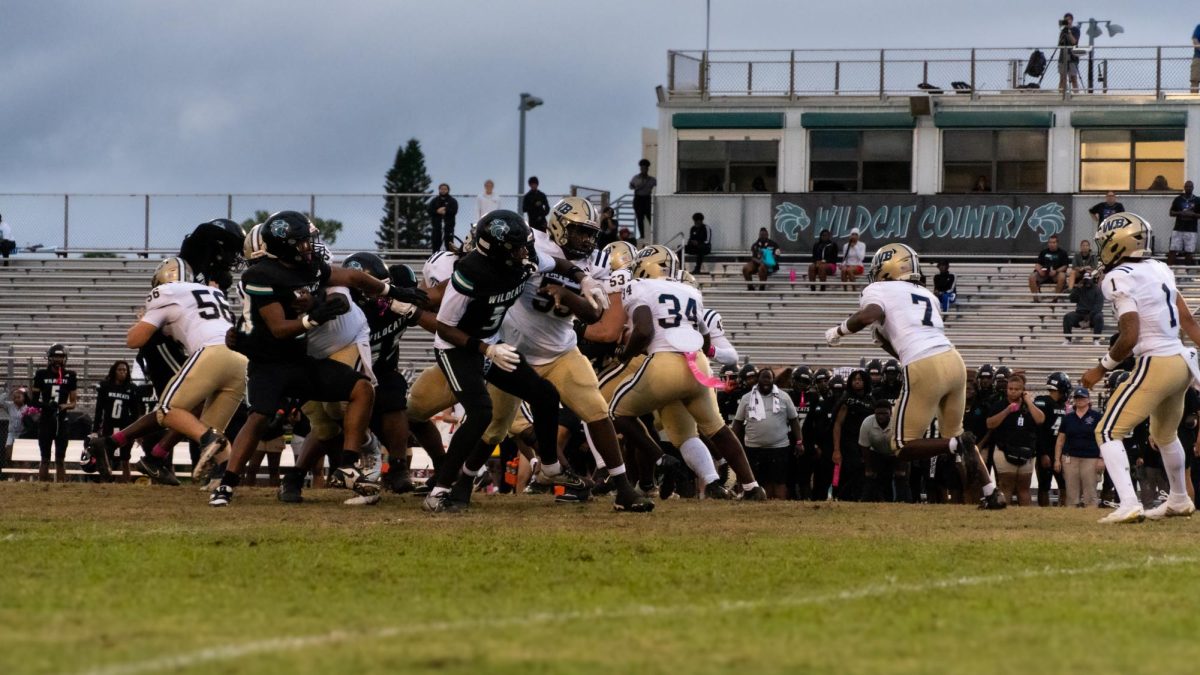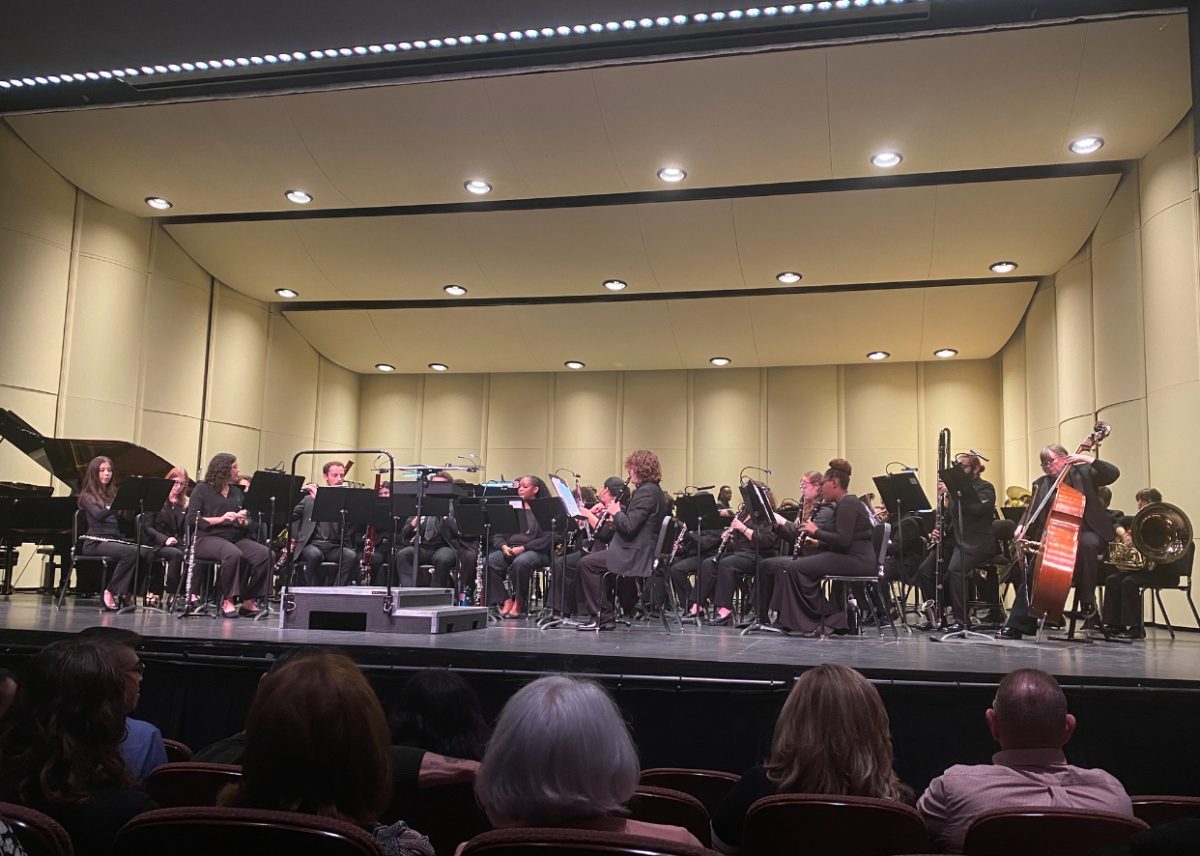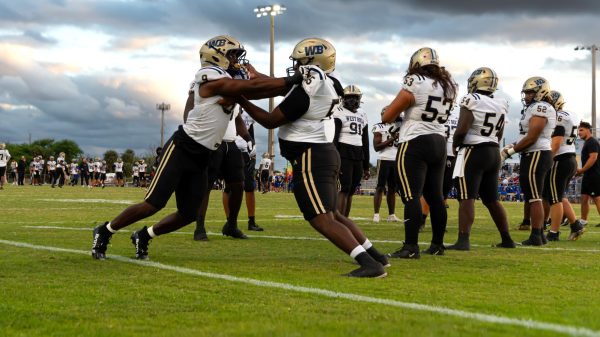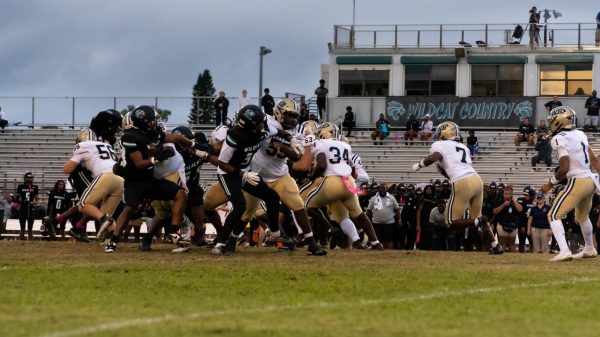Debatable Dresscode
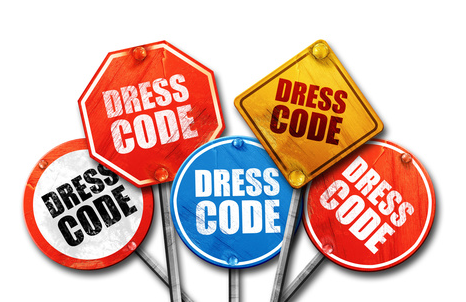
October 6, 2022
The dress code enforcement at West Boca High School has been a topic of discussion and debate between students. Clothes with derogatory expressions and slurs are prohibited, embedding in students’ brains respect towards others and themselves. Those types of restrictions on the dress code are critical to maintaining a good environment. Unless they’re taken too far.
Shorts and skirts must be knee length, and tank tops are strictly prohibited. All of these rules “promote self-respect” and “help maintain a safe and healthy learning environment.” (Palm Beach Schools County Banners). However, it seems that girls are often victims of more extreme restrictions, being called out more frequently than boys for the same violation. I say this because I experienced it; I was walking through the front gate, alongside my 14-year-old brother, Felipe Palhares, and both of us were wearing tank tops. Mine didn’t have a low-cut or anything that would be “inappropriate” (it was a simple turtle neck tank top), while his was a basketball jersey and you could see most of his shoulder. However, I was the only one called out; he walked right past the dress code policy ladies as on any normal day.
67 West Boca students answered a survey about dress code norms: 26 have been dress coded (24 were girls). Out of those 26, 25 students have been told their attire was distracting.
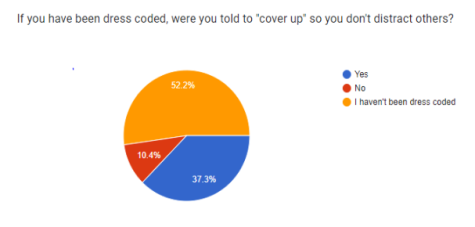
This is where the issue presents itself. The idea of “distracting clothing” is rooted in sexism, when girls are more frequently called out for their attire. This concept signals that girls’ bodies are inherently sexual and that it’s their own fault if others are distracted by their clothing.
When administrators enforce the dress code in only some of the students, they’re labeling whose body is more “inappropriate” and more “distracting,” further reinforcing that the dress code isn’t there to maintain a “professional” look and to promote self-respect, but rather, to ensure that girls aren’t distracting others with the bodies that they can’t change. It’s unfair and it can lead to body image issues later on since they’re prohibited from feeling comfortable in their own bodies.
Differentiating the enforcement of the dress code between girls and boys implies that girls’ bodies are more “wrong.” Outdated policies affect girls’ self-image and even their class time. Administrators choose to have girls wait for their parents to “bring a jacket so they can put one on” in the office rather than allow them to attend class.
Yes, the dress code should be enforced, but it should be enforced equally. If the rules state “no tank tops”, why can my brother wear them and I can’t? I don’t believe violating the dress code is the right thing to do and that I or anyone that doesn’t follow it should be free of consequences, but it’s unfair when we violated the exact same rule and only one of us was called out.











